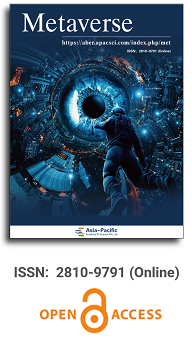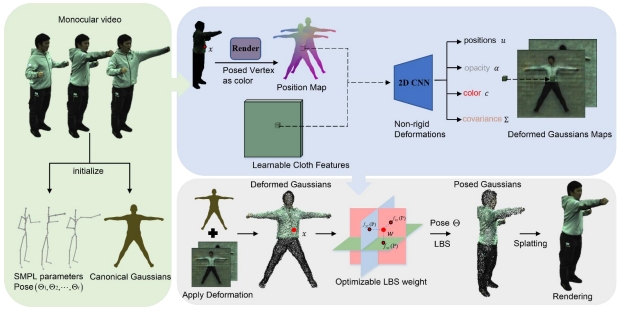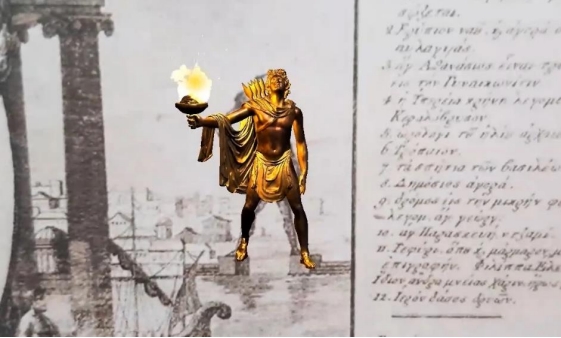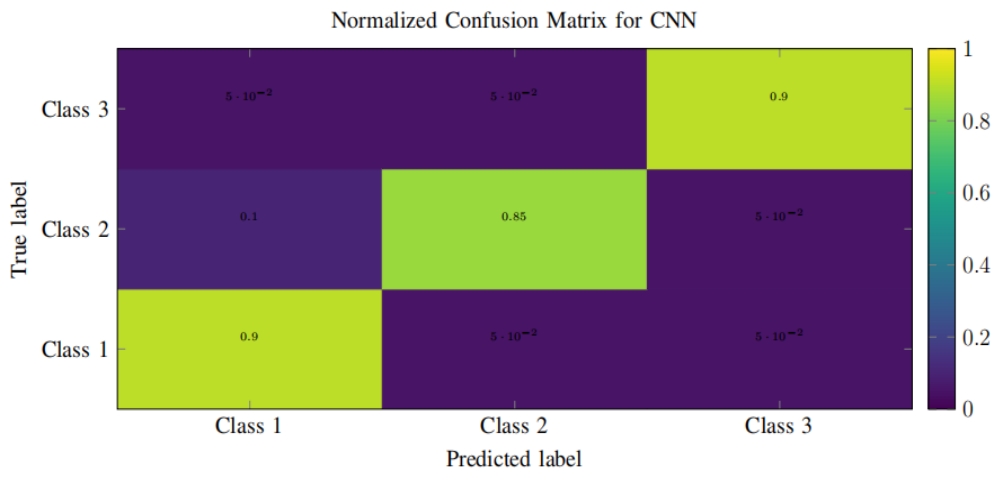
Asia Pacific Academy of Science Pte. Ltd. (APACSCI) specializes in international journal publishing. APACSCI adopts the open access publishing model and provides an important communication bridge for academic groups whose interest fields include engineering, technology, medicine, computer, mathematics, agriculture and forestry, and environment.



Issue release: 31 December, 2022
Augmented reality, gamification and m-learning occupy today an important place in education, given the advantages that the use of mobile technologies has brought, independently or in combination with other technological scenarios and different devices that affect the teaching and learning of disciplines or that serve as a bridge to improve various processes mediated by ICT in teaching and/or learning. In this sense, the article presented here shows an analytical study that was developed under an exploratory, descriptive and interpretative methodology of the categories augmented reality, gamification and m-learning, based on a characterization in the databases, a literature review was conducted in the main databases such as Science direct, Scopus and web Science, obtaining 100 reference articles. Thus, it was found that these three categories determined as teaching strategies significantly influence motivation, interest in knowledge, retention and understanding of information for the development of teaching and learning processes. The method used allowed to develop the description of the panorama about the use of augmented reality, m-learning and gamification in elementary, middle and higher education.
Issue release: 31 December, 2022
Although the notion of the metaverse is implicit in some popular video games, its concept is currently being rethought, in addition to adapting it to various activities that have progressively migrated to the digital world, such as work, commerce, education and recreation. It is projected for the coming years a high financial investment in research, development and implementation of technology, whose main feature is virtual reality. According to the technological conglomerate that drives its progress, the main objective is to make digital connections an immersive experience that enhances human relationships. Now, historically, the tech giants are not driven by altruistic purposes but by mass control in addition to their economic benefits, over and above that which is obvious, the question remains as to whether it is a really necessary technology. At first glance, it may offer advantages in the field of education and labor action. However, the technology has some sharp edges that must be treated with great care. In that sense, this essay, in addition to exposing the technology, offers ideas for debate about its desirability and social impact.
Issue release: 31 December, 2022
This article presents a systematic review of the specialized literature using the meta-synthesis method to learn about the theoretical and empirical trends that can be found in the scientific literature on game learning analytics. The search was carried out in 17 databases and 153 results were obtained. After applying certain exclusion criteria, 17 scientific research articles were admitted for analysis. The information was classified into design, validation and implementation trends. The design findings suggest a tendency to simulate real environments with the aim of validating not only the serious game, but also the learning obtained by applying pre- and post-test measurements. A varied implementation was observed between educational purposes, training or support for people with disabilities. Likewise, pre-designed games and author’s games with individual interactions were used.
Issue release: 31 December, 2022
The implementation of systems based on artificial intelligence (AI) has passed the barrier of the academic field and due to its potentialities has been developing in other fields such as public management so there is an urgent need to have an updated overview in this regard. This article aims to address the analysis of AI by highlighting its transcendence in the field of management, public administration and government, highlighting the significant opportunities, impact assessment and the potential posed by AI. The present review provides a panoramic and significative overview about AI and its impact on the field of management and public administration, about its achievements, as well as sensitive controversies. Finally, the critical opportunities and challenges of AI application in the public sector are shown.
Issue release: 31 December, 2022
The objective of this article is to develop a literature review on the use of Metaverse and virtual reality focused on education. Taking into account that education lives a continuous process of change in search of quality, the use of new tools favors this process, therefore, the use of virtual platforms focused on virtual reality and Metaverse are in essence tools that energize the teaching and learning processes, contribute to organize and update the contents, and allow the student and learner to interact within the virtual environment. In this context, the present work was developed based on an exploratory, descriptive methodology; using the categories Metaverse, virtual reality and teaching, a search was carried out in the Science, Scopus and web Science databases, obtaining one hundred reference articles, from which the above categories are analyzed.
Issue release: 31 December, 2022
It shows the results of a research developed at the University of La Sabana, with the aim of identifying the uses that have been given to video games in primary education in the world. A systematic review of literature published in scientific journals between 2000 and 2019 was carried out. The results show that the area of greatest use of video games is natural sciences, and that their use favors interaction and innovation in educational practices.

Prof. Zhigeng Pan
Professor, Hangzhou International Innovation Institute (H3I), Beihang University, China

Prof. Jianrong Tan
Academician, Chinese Academy of Engineering, China
Conference Time
December 15-18, 2025
Conference Venue
Hong Kong Convention and Exhibition Center (HKCEC)
...
Metaverse Scientist Forum No.3 was successfully held on April 22, 2025, from 19:00 to 20:30 (Beijing Time)...
We received the Scopus notification on April 19th, confirming that the journal has been successfully indexed by Scopus...
We are pleased to announce that we have updated the requirements for manuscript figures in the submission guidelines. Manuscripts submitted after April 15, 2025 are required to strictly adhere to the change. These updates are aimed at ensuring the highest quality of visual content in our publications and enhancing the overall readability and impact of your research. For more details, please find it in sumissions...


 Open Access
Open Access




.jpg)
.jpg)

